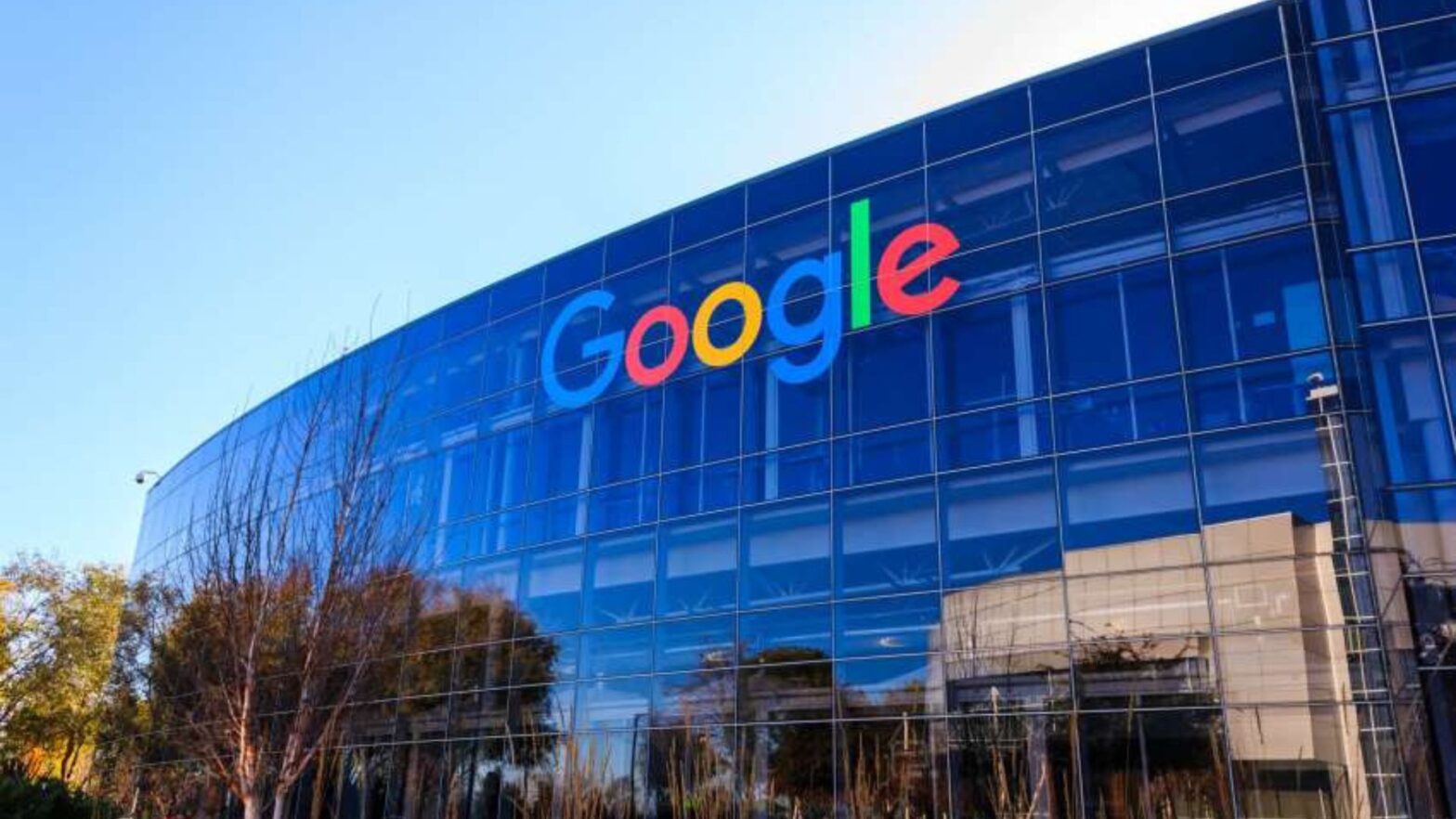As Donald Trump prepares for a return to the White House in 2025, one of the key questions emerging from his victory is how his new approach to antitrust policies will affect major tech companies—particularly Google. Throughout the Biden administration, Google has faced growing scrutiny for its dominance in the digital landscape, with some advocating for a breakup of the tech giant. However, Trump’s recent election win signals a potential shift in course that could significantly change the direction of these efforts.
A Shift in Antitrust Priorities
During President Biden’s tenure, aggressive antitrust actions were initiated against Google, Apple, Meta, and other Big Tech firms. These efforts aimed to dismantle what many saw as monopolistic control over key sectors, such as search engines and digital advertising. Google, specifically, has been embroiled in two high-profile antitrust cases filed by the Department of Justice (DOJ)—one concerning its search engine dominance and another over its advertising technology.

But with Trump’s impending return to power, experts suggest that a major re-calibration of antitrust policies is on the horizon. Unlike Biden, who pushed for breakups and corporate restructuring, Trump is expected to adopt a more lenient approach—focused on regulatory adjustments rather than drastic measures like breakups. This raises a critical question: Will this shift protect Google from the potential breakup that has loomed over it for years?
According to legal experts, Trump’s skepticism about dismantling large companies could be a game-changer for Google. At an October event in Chicago, Trump himself questioned whether breaking up companies like Google would actually benefit consumers. “What you can do without breaking it up is make sure it’s more fair,” he remarked, signaling a preference for negotiation over drastic action.
Impact on Google’s Business
If Trump succeeds in halting the breakup plans, Google could benefit from several advantages. First, the company would avoid the disruption that comes with such a drastic move, allowing it to maintain its market dominance in search and advertising. This could ensure continued stability for the tech giant, enabling it to innovate and expand its services without the risk of losing key business units.

Further regulatory relief is also anticipated under Trump’s administration. For example, the rollback of stricter merger guidelines, which have posed challenges for large acquisitions, could pave the way for Google to pursue more aggressive growth strategies without fear of antitrust intervention. Trump is also expected to ease regulations that made mergers more difficult, potentially opening the door to more industry consolidation.
Ongoing Antitrust Cases and Legal Influence
One of the most significant areas where Trump’s policies could impact Google is in the handling of ongoing legal cases. The DOJ is currently pursuing two major cases against Google, but these are set to stretch into 2025 and beyond. With Trump back in office, he would have the power to influence the DOJ’s position on these cases. Legal experts, like George Washington University’s William Kovacic, suggest that Trump could steer the DOJ away from pursuing punitive measures like breakups and focus more on remedies that ensure fair competition without dismantling major companies.
This shift could have a ripple effect across the broader tech sector, especially for companies like Amazon and Meta, which have also faced antitrust scrutiny in recent years. Trump’s more lenient approach could reduce regulatory pressure on these firms, potentially giving them more room to grow and consolidate their positions in the market.
What This Means for Competition
While Google stands to gain from these policy changes, the broader implications for the tech industry remain unclear. One concern is that a less aggressive antitrust stance could lead to further consolidation within the tech sector. Without strict oversight, dominant firms like Google, Amazon, and Meta might continue to strengthen their market positions, stifling competition from smaller companies and startups.
Legal analysts like Jon Dubrow from McDermott Will & Emery warn that Trump’s anticipated rollback of merger guidelines could encourage even more mergers and acquisitions, leading to a less competitive environment overall. This, in turn, could limit consumer choices and potentially lead to higher prices.
On the other hand, Trump’s more hands-off approach could benefit certain sectors, especially those aligned with his administration’s policies. Companies that have found themselves at odds with Biden’s aggressive antitrust stance might see increased opportunities to expand, while firms viewed as liberal or “woke” could continue facing heightened scrutiny.
The Uncertain Future of Big Tech
The future of Google—and the broader tech landscape—hinges on how Trump chooses to implement his new antitrust strategy. If he succeeds in halting the breakup of Google, the company could enjoy a more favorable regulatory environment, allowing it to maintain its market dominance. However, this shift also raises significant questions about the future of competition within the tech industry. As experts like Kovacic and Dubrow suggest, Trump’s lenient approach could lead to increased consolidation, which may undermine competition and consumer choice.
Whether this shift will benefit or harm consumers in the long run remains to be seen, but what is clear is that Trump’s approach to Big Tech will significantly reshape the competitive dynamics of the industry.

















